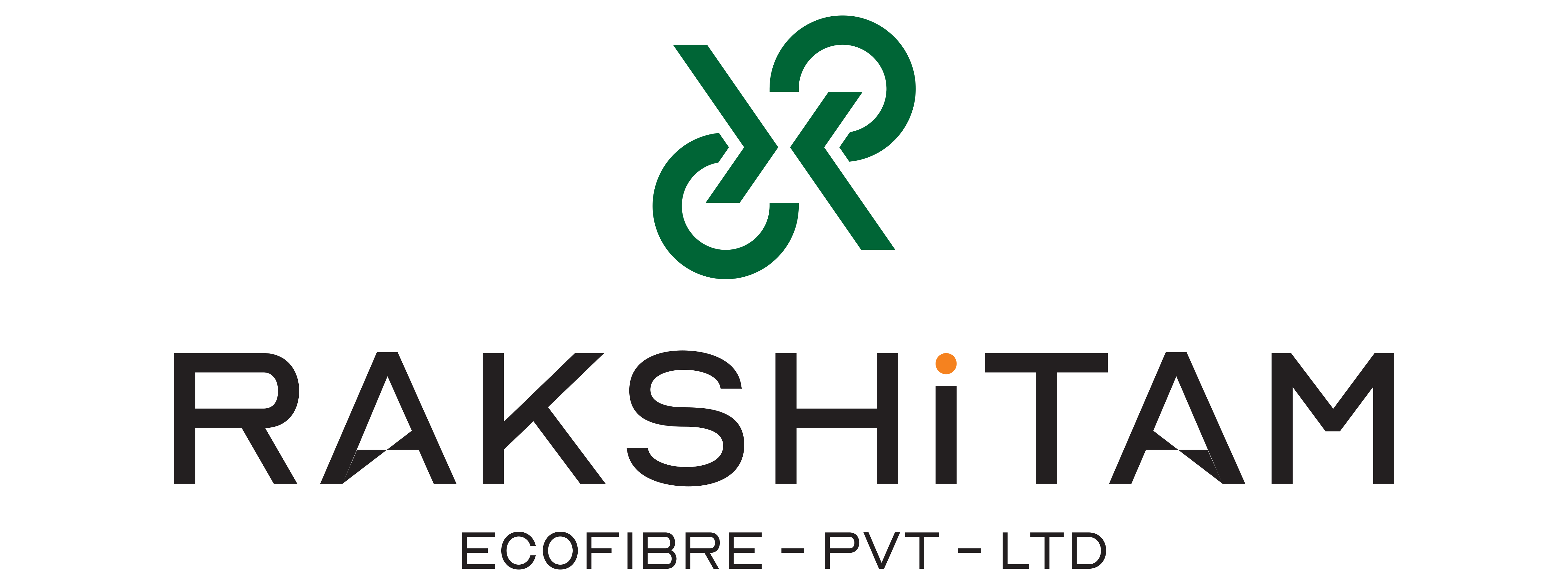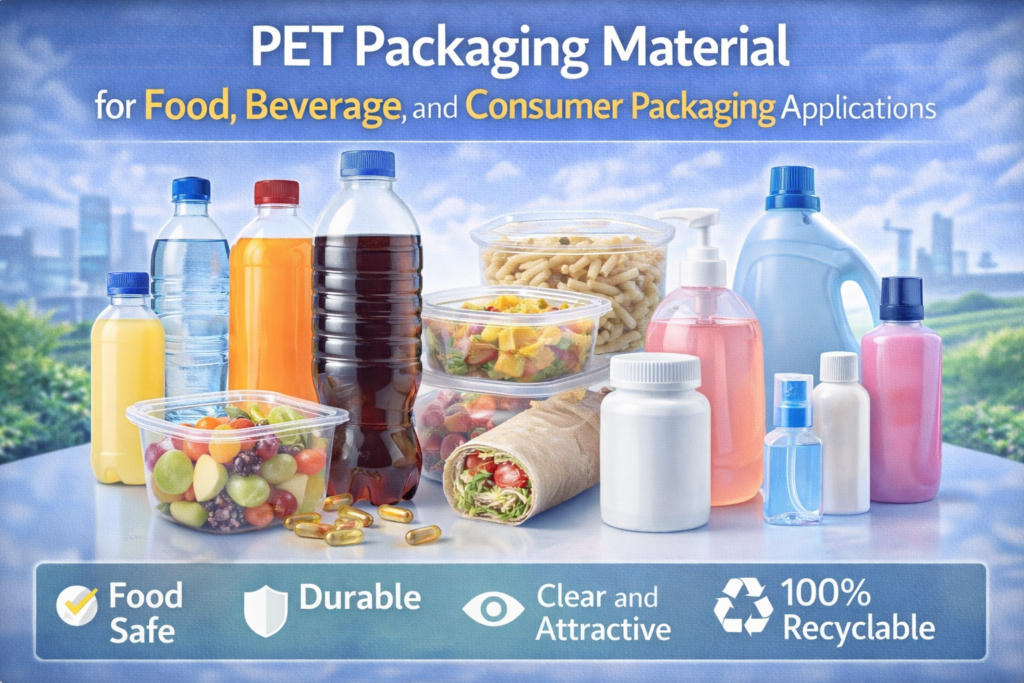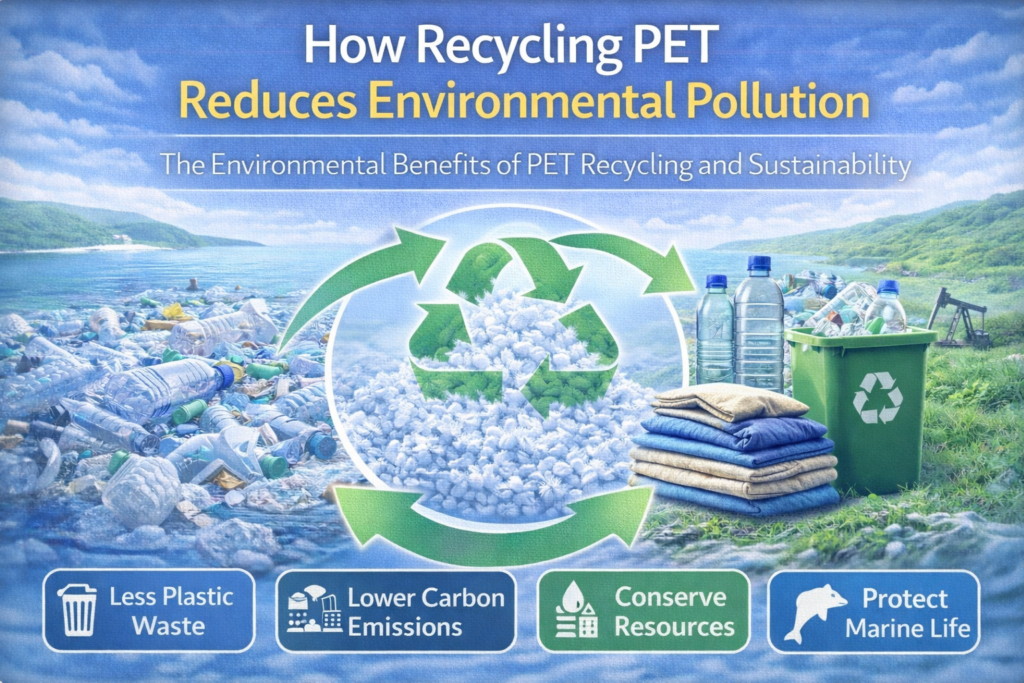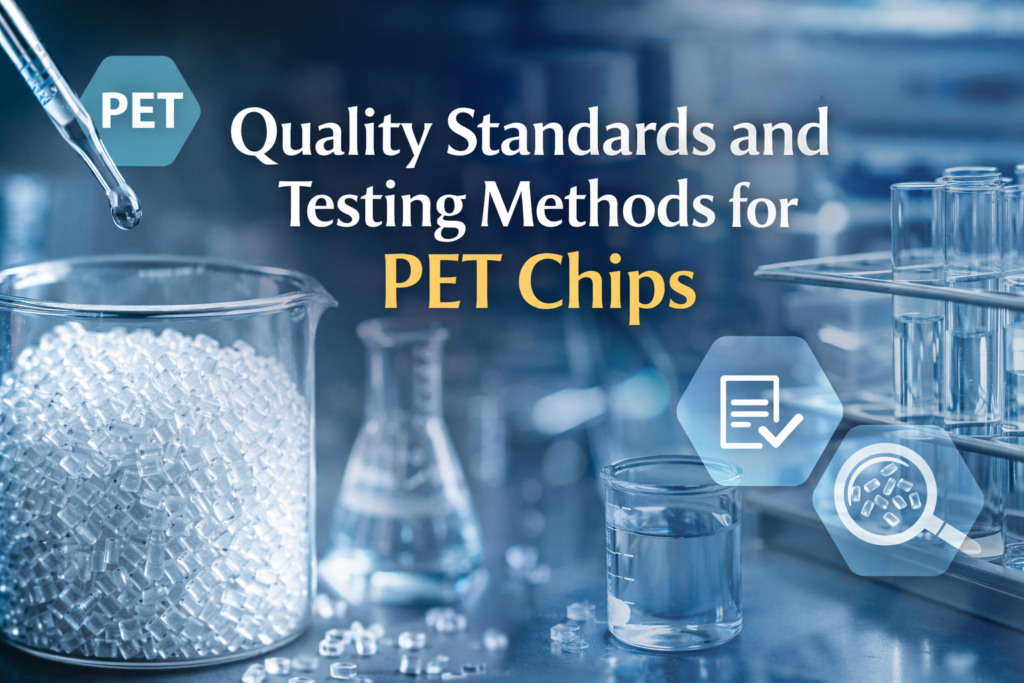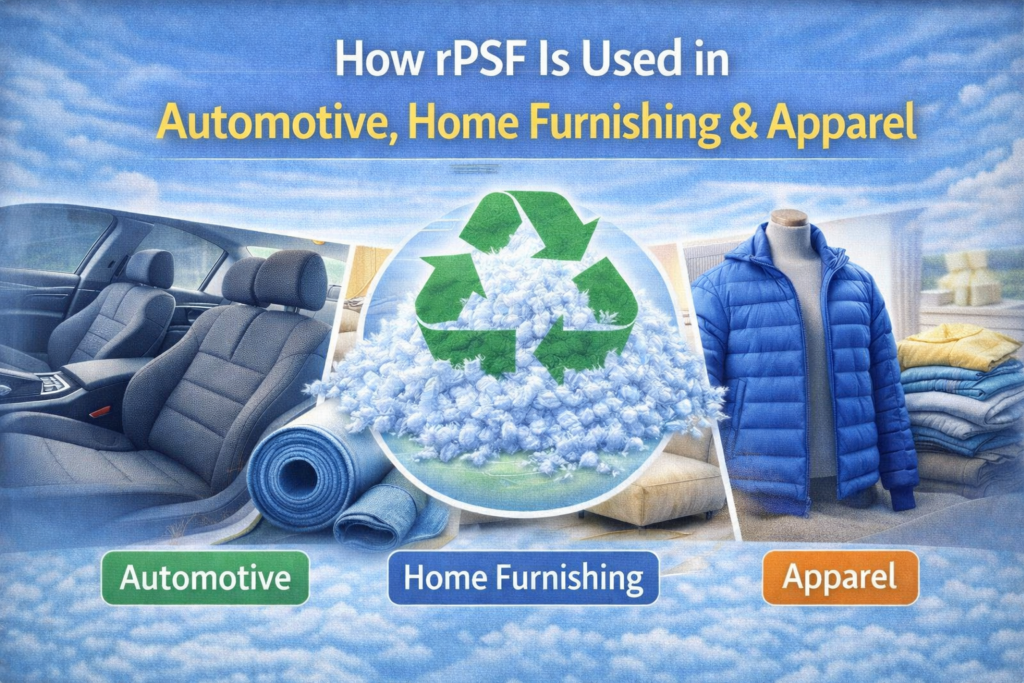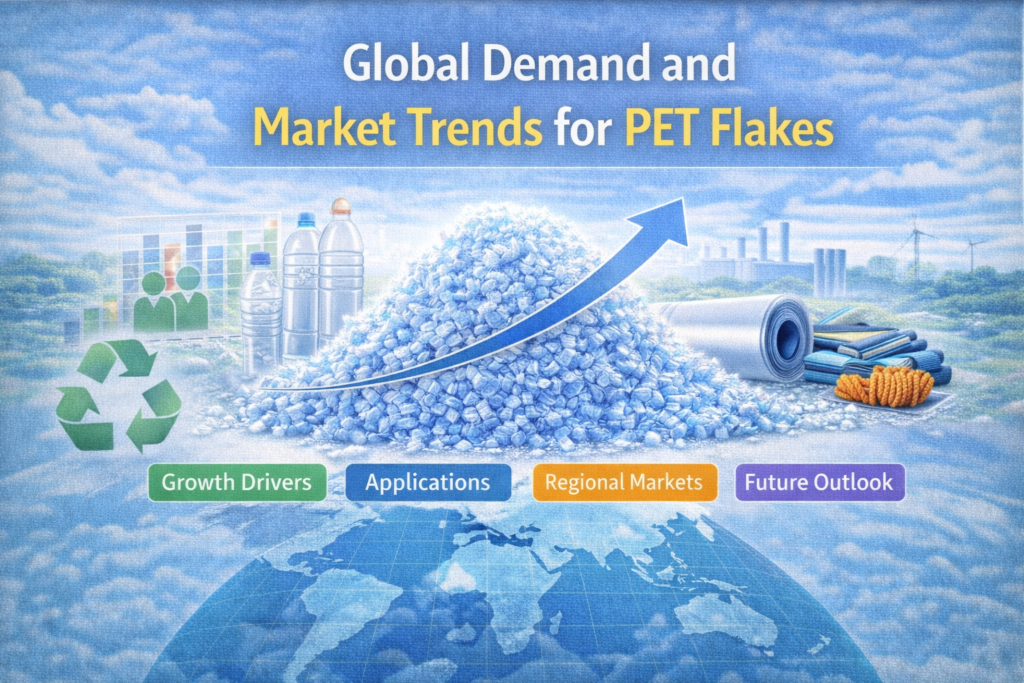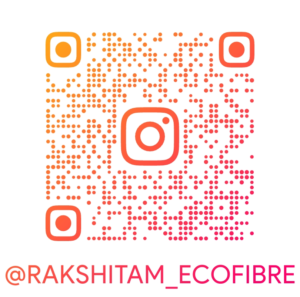ecycling post-consumer PET bottles is now a crucial component of the plastic recycling ecosystem as India continues to strive for greener goals and a circular economy. The recycling and production of eco-friendly goods has led to an increase in the sourcing of PET bottles by both small and large scale businesses. Legal frameworks, best practices, and compliance requirements add to the complexity of procuring the bottles.
This document outlines the systematic and methodical approach for procurement of PET bottles in India while observing compliance with the relevant standards, industry, and government practices.
What are Post-consumer PET Bottles?
Post-consumer PET bottles are the plastic bottles composed of PET (Polyethylene Terephthalate) materials which have been used and recycled into finished goods. Through a recycling process, used plastic bottles, which are commonly water, soft drink, and juice bottles, are transformed back into new products.
PET is used in the textile, packaging, construction, and automotive sectors. Widespread and responsible procurement of PET is also necessary as it is 100% recyclable; however, the value is more of ethics in procurement.
Why PET Bottle Procurement Matters
Proper procurement ensures:
- Quality feedstock for recycling plants
- Environmental benefits of reducing plastic waste
- Compliance with government rules
- Traceability in the recycling value chain
As Extended Producer Responsibility (EPR) regulations have gained prominence in India, companies are now required by law to collect and recycle some of the plastic that they produce — PET bottle procurement thus becoming a legal imperative, rather than an operational one.
Key Stakeholders in the Procurement Process
- Waste Collection Agencies: Plastic waste is usually collected by municipal corporations and private vendors from residential areas and commercial establishments.
- Kabadiwalas & Scrap Dealers: These are the informal collectors who constitute the strength of the PET collection in India.
- Material Recovery Facilities (MRFs): Such facilities sort, clean, and separate PET bottles in readiness for recycling.
- Authorized Recyclers & Aggregators: These are registered recyclers who ensure that the PET collected is processed into form and function flakes or granules.
Best Practices for Sourcing PET Bottles in India
1. Source through Registered Vendors
Verify that your suppliers, either as scrap dealers or aggregators, are registered with the local Pollution Control Board and fully comply with local and state laws.
2. Define Quality Parameters
Set tolerance levels for: Contamination, Colour of bottles, Cap and label presence
This minimizes issues during processing and enhances recyclability.
3. Authenticate Documentation
Have procurement records, invoices, and vendor certificates for compliance reporting and audits.
4. Use Weighbridge Slips
Always confirm evaluated quantities with credible measurement systems to maintain integrity for trust or value erosion.
5. Geotagged Collection Data
For participants in an EPR program, employ collection points and quantities for streamlined digital recording to ensure transparent tracking.
Understanding Compliance Regulation
According to the 2016 Plastic Waste Management Rules and their 2022 amendment, alongside the EPR framework, brands and producers in India are required to take responsibility for their plastic waste.
Key compliance factors are:
- EPR Registration on CPCB (Central Pollution Control Board) portal
- Annual Returns Filing for the collection and recycling of plastic waste
- Working with Authorized Recyclers
- Barcode tagging and traceability.
Fines, license withdrawal, or blacklisting from supply chains may happen due to non-compliance.
Advantages used for PET bottles procurement are:
- Improves your brand’s eco-friendly profile
- Eases certification and audit processes
- Reduces the use of virgin plastic
- Supports India’s Swachh Bharat Mission and circular economy
Conclusion
With the pressure to adopt eco-friendly practices, the industry has to source legally compliant and effectively sourced post-consumer PET bottles. It’s a smart business decision and a regulatory requirement.
As a manufacturer, recycler, or brand owner, adherence to best practices and compliance procedures will make your company a sustainability trendsetter in India’s rapidly changing plastic management landscape.
